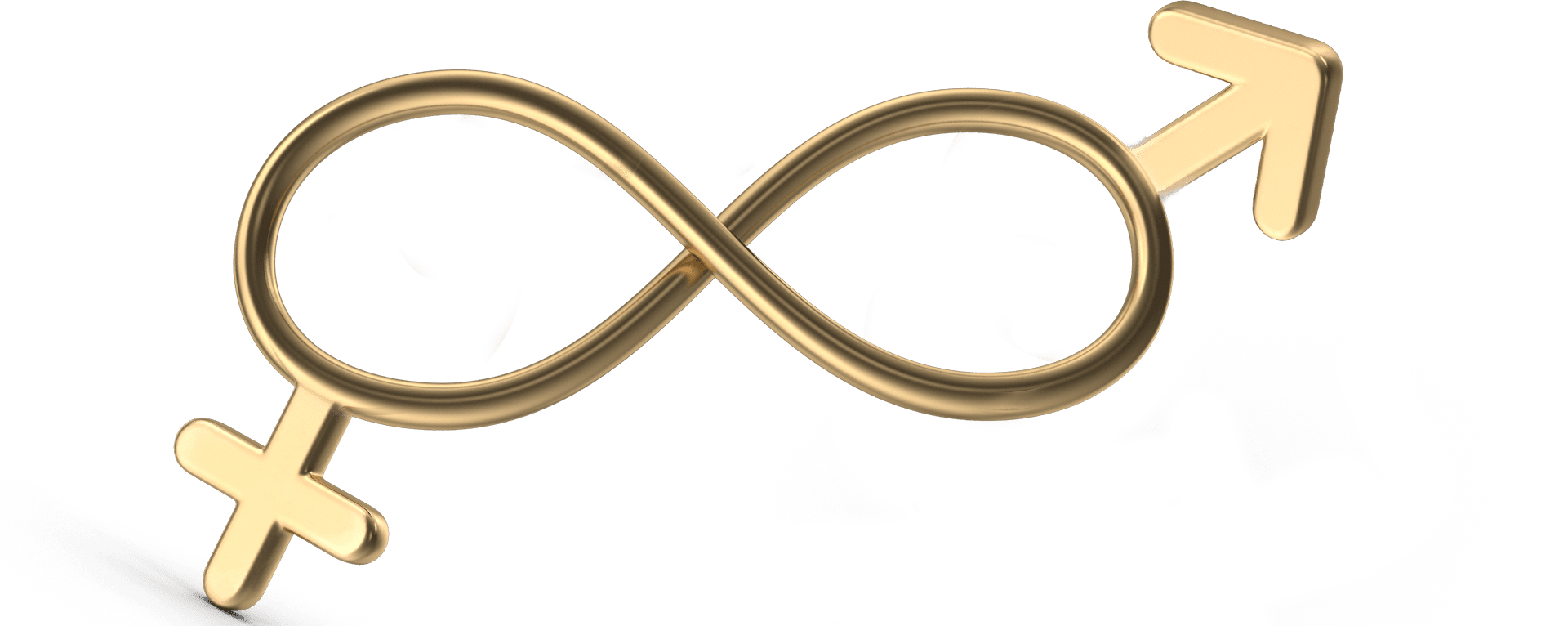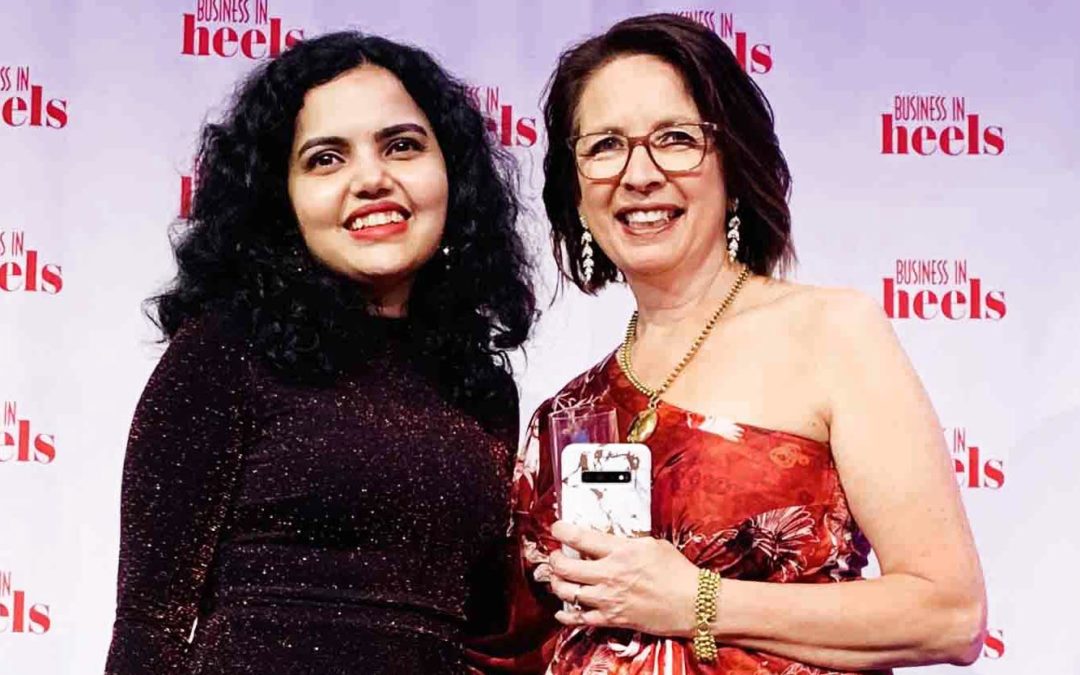Though she was born in India to an orthodox Muslim family not known for modern educational pursuits, she showed exceptional academic talent early on to receive support from her parents to focus on and value education. “She went on to not only complete an engineering degree in Computer Science and master’s in management (MBA) but graduated with distinction by topping the university”
One of Sheeza’s early endeavours at championing women’s cause came while she was at the university, where she chose to do a project that would make a difference. She collaborated with the Sri Ram Foundation to set up low-cost Sanitary Napkins production for poor and disadvantaged tribal women. The challenge was twofold, how to convince them of its usage benefits and find resources to invest in sanitary products, both very hard asks for those more in need of food and lacking basic education. However, against the odds a factory under the CSR initiative was set up where these women were trained & employed to help generate income and with that access to food and sanitary products. Today, it is still running successfully.
After completing her MBA, she took up a sales career in India working in technology. A career that would enable her to interact with people, travel around the globe and explore new things every day. After a year Sheeza was transferred to Australia. Her sudden move was fraught with a few challenges because Indian Muslim women do not leave the country generally unmarried. Despite these challenges, Sheeza eventually made it through the gender-biased red tape to come to Australia. “where she didn’t know a soul”.
In Australia, Sheeza was keen to champion the cause of women. She started working with the Australian ABCN Accelerate program, an online mentoring program supported by Accenture. It involved mentoring exceptional girl students who are facing significant economic, family and/or social challenges in society. One of Sheeza’s mentees was a young girl who had fled from Syria with her family and struggling to fit into Australia. Her challenge was having to work with her siblings to support her family because her father was ill & unable to work. Between school and work, she had little time to herself but dreamed of being an engineer or an architect. Exhausted and overwhelmed she found motivation & encouragement from her mentor and made the effort to study. Today, she has made it to the university. Sheeza comments that “Mentoring is a two-way street; she is inspired by this young person’s drive and determination.” Whenever Sheeza feels demotivated, she reflects on what this young girl has had to do to achieve her dreams.
Other initiatives Sheeza embraced involved coaching and counselling housewives towards entrepreneurship. Given her knowledge of technology, she encouraged them to use social media platforms and to sell through registered kitchens on Facebook and Online Marketplaces. She also worked with the Smith Family and other social organisations as a volunteer to promote social and workplace diversity.
After working with a couple of global multinational organisations, Sheeza joined Accenture to be part of large-scale transformational cloud deals. It was quickly evident that Sheeza was passionate about gender diversity & inclusion, and she was encouraged to be involved with many of the programs offered by Accenture. She has delivered multiple social service engagements that promoted inclusiveness and equality across geographies and organisations. For her work and initiatives, she has been recognised as Accenture’s global champion of Diversity & Inclusion in 2021.
All great actions take inspiration and Sheeza says she was inspired by Accenture’s CEO Julie Steel. She is keenly supporting Accenture’s targets to get 50:50 by 2025. Her effort to drive diversity and inclusion initiatives included the creation of net new STEM jobs in the Australian market. When asked, “what’s next, she shares that as the newly appointed Social Mobility Lead, there are lots of possibilities to bring in more women into senior technology roles.”

